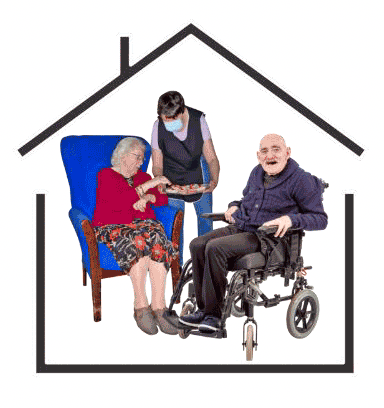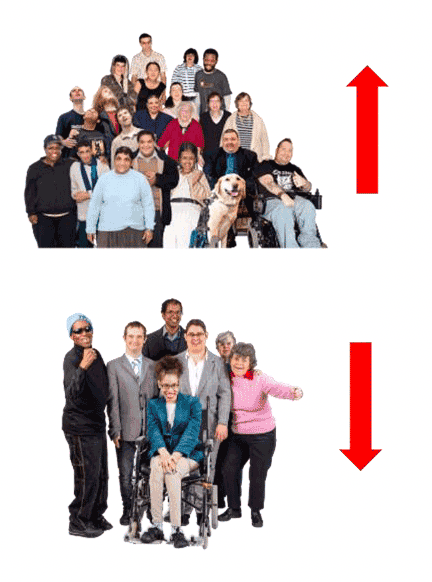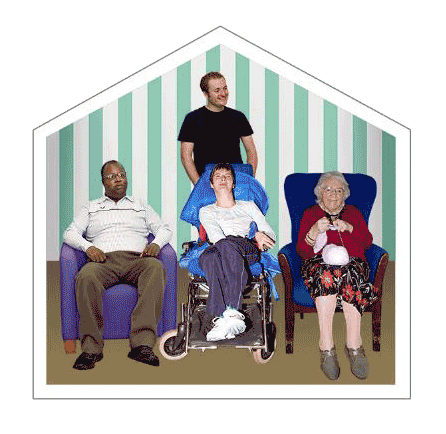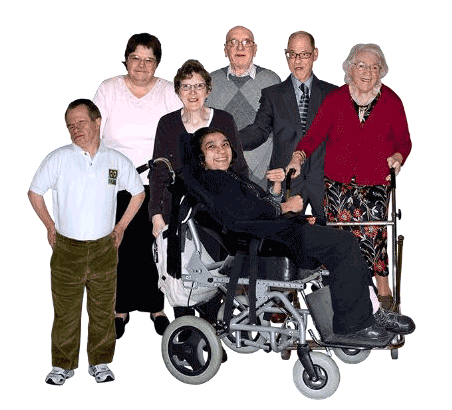National Care Service evidence paper: social care support and services in Scotland - easy read
This easy read summary provides an overview of the key national trends in social care support and service provision in Scotland. It is part of a collection of contextual evidence papers, setting out key sources of information about social care and related areas in Scotland.
National Care Service Evidence paper : Social care support and services in Scotland - Easy Read
Social care services support people with daily living so they can be as independent as possible.
Around 1 in 25 people in Scotland got social care support and services in 2021.

Self-directed support gives people more choice and control of their care and support services.
In 2021 most people getting social care support and services got self-directed support.
This is more people than in 2018.

Most people who get self-directed support choose to let the health and social care partnership sort out their services.
Health and Social Care Partnerships were started so that local National Health Services and Council services work better together.

The number of hours of 'care at home' support has got bigger most years from 2010 to 2021.
The average hours of 'care at home' a person gets every week has gone up from just under 10 hours in 2010 to 12 hours in 2021.

In 2021 more than 130 thousand people used a community alarm or telecare service.
A community alarm is worn around your wrist or neck.

You use it to call for help if there is an emergency – for example if you have fallen and cannot get up.

Telecare means alarms and equipment that help people to stay safe in their own homes.
The number of people who had a community alarm or telecare equipment went up every year from 2015 to 2019.

In 2020 and 2021 the number of people who had a community alarm or telecare equipment went down.
In March 2021 there were more than 1 thousand care homes for adults with more than 33 thousand adults living in them.
This is less than in 2011.

In 2021 there were more than 28 thousand long-stay residents aged 65 or over in care homes in Scotland.
A long-stay resident is someone who lives in a care home for a long time.

More than 10 thousand care home residents who are aged 65 or over and who pay for their care home fees, got free personal care payments.

Copyright images © Photosymbols. Prepared by Disability Equality Scotland
Contact
Email: SWstat@gov.scot
There is a problem
Thanks for your feedback